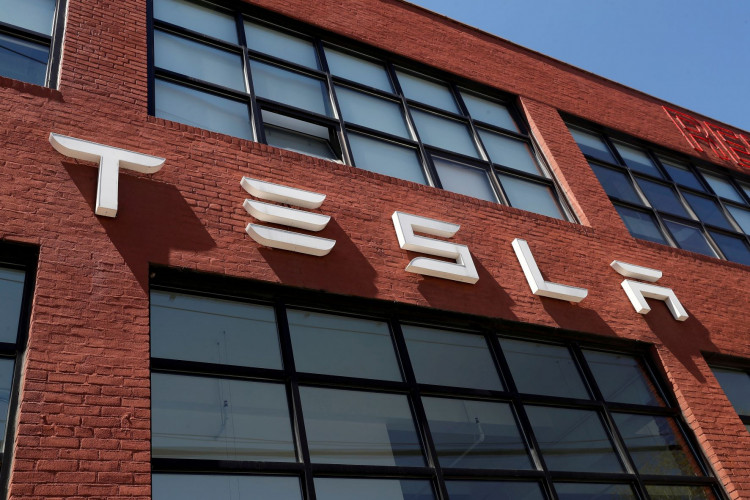A district judge on Tuesday found Tesla Inc. responsible for the Black American elevator employee who claimed the electric vehicle maker ignored racial discrimination at the facility where he operated but cut the jury verdict from nearly $137 million to $15 million.
Federal Judge William Orrick in San Francisco ruled after prosecutors decided that Tesla exposed Owen Diaz to an unfriendly workplace at Tesla's factory in Fremont, California, by tolerating and failing to stop the discrimination he faced.
Owen Diaz, who operated at the facility for nine months between 2015 and 2016, reported other staff called him racist names and drew swastika flags and insults on the restroom walls, including the N-word.
He further claimed that a racial caricature was drawn at his workstation by one of his supervisors.
Orrick wrote in a 43-page ruling that the evidence abundantly supported the jury's decision that Tesla was responsible for Diaz's deep mental suffering and the company's frequently inadequate disciplinary actions.
Diaz's compensatory damages were dropped to $1.5 million from the jury's extreme $6.9 million awards, and civil penalties were cut to $13.5 million from the jury's unlawfully massive $130 million award.
Diaz's attorney, Bernard Alexander, stated in an interview that his client intends to fight the reduced damages award.
"The $15 million award is meaningful, but it falls well short of reflecting the injury done to Diaz or the reprehensibility of Tesla's behavior," he noted.
Requests for comment from Tesla and its lawyers were not immediately returned. The corporation had hoped to keep compensatory and punitive damages to a maximum of $300,000.
Tesla, which is led by billionaire Elon Musk, is facing similar allegations in other cases.
California's Department of Fair Employment and Housing claimed in February that Black employees at the Fremont facility were subjected to frequent abuse but that their concerns were ignored.
Tesla has already dismissed the complaint as absurd, claiming that the company has implemented rules to prevent and penalize racist behavior.
Punitive damages are aimed to punish and discourage violations, while compensatory damages are geared to pay actual losses. Punitive damages should normally be less than ten times the compensatory damages, according to the U.S. Supreme Court precedent.
Diaz's original $137 million award was one of the biggest for a sole plaintiff alleging employment discrimination, according to legal experts.





